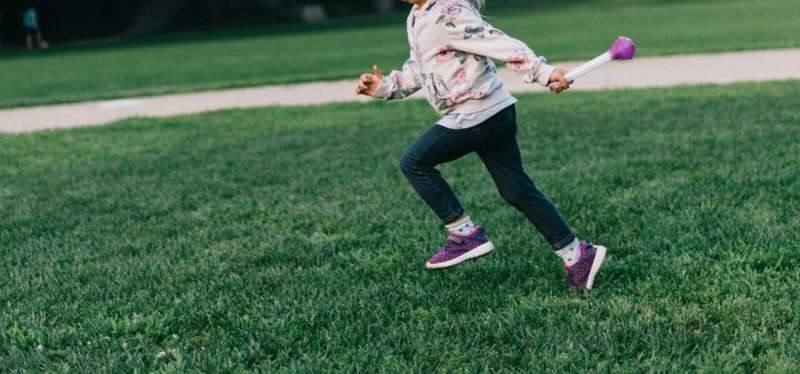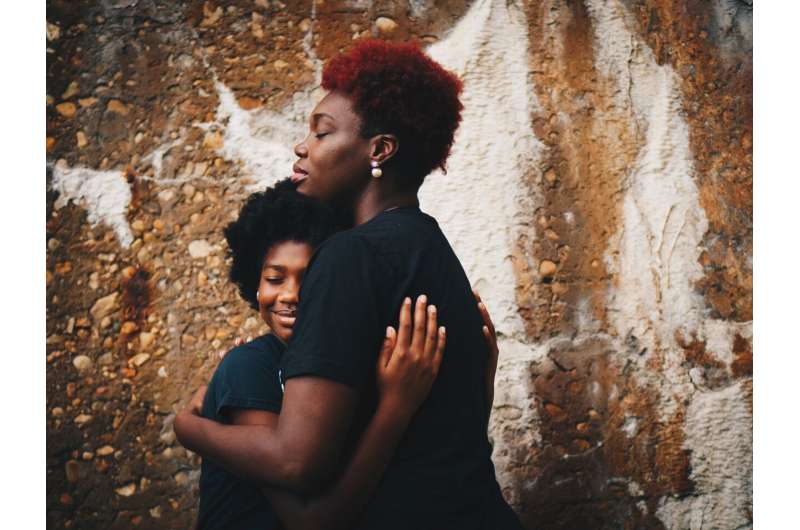Exercise as a Powerful Tool to Alleviate Depression and Anxiety in Children and Teens

New research demonstrates that regular physical activity can effectively reduce depression and anxiety symptoms in children and adolescents, providing a low-cost, accessible mental health support strategy.
Recent research from the University of South Australia highlights the potential of regular physical activity in improving mental health among children and adolescents suffering from depression and anxiety. With over 75% of young individuals experiencing symptoms of depression or anxiety, finding accessible and effective interventions is crucial. The study, published in the Journal of the American Academy of Child & Adolescent Psychiatry, analyzes data from 375 clinical trials involving more than 38,000 young participants.
The findings reveal that structured exercise programs can significantly reduce depression and anxiety symptoms. Notably, low-intensity resistance exercises, such as light weights or gentle circuit activities, are particularly effective in alleviating anxiety. For depression, moderate-intensity activities combining aerobic and resistance training—like circuit workouts with weights—show the greatest benefits, especially in programs lasting less than three months. The most substantial improvements in depressive symptoms often occurred within a 12-week period, emphasizing the rapid positive impact exercise can have, especially on children aged 12 and above.
Interestingly, the frequency of exercise sessions per week did not substantially influence outcomes, suggesting even shorter or less frequent activities can be beneficial. Children with pre-existing conditions like ADHD also experienced notable improvements.
Lead researcher Dr. Ben Singh explains that exercise offers a low-cost, non-invasive alternative or supplement to traditional treatments such as therapy and medication. It is a lifestyle intervention that can be easily incorporated into daily routines without the need for gym memberships or specialized equipment. Prof. Carol Maher emphasizes that exercise should be integral to mental health care for young people, whether at school, in community programs, or clinical settings. She encourages parents to promote play-based activities, games, and sports, underscoring that even brief periods of movement make a meaningful difference in mental well-being.
This evidence underscores the importance of physical activity as a readily accessible strategy to support and improve the mental health of children and teenagers, offering hope for more holistic and inclusive approaches to managing depression and anxiety.
Source: https://medicalxpress.com/news/2025-06-ease-depression-anxiety-kids.html
Stay Updated with Mia's Feed
Get the latest health & wellness insights delivered straight to your inbox.
Related Articles
One in Three Teenagers Has Thought About Suicide This Year: Recognizing Signs and Finding Help
One in three teens has experienced suicidal thoughts this year. Learn how to recognize warning signs and access support to protect your teen's mental health.
Recognizing When Winter Fatigue May Signal a More Serious Condition
Feeling persistently low and tired during winter may signal seasonal affective disorder, a treatable form of depression. Learn about symptoms, causes, and effective treatments.
How Young Children Recognize Emotions Through Music
Discover how young children recognize emotions through music, the impact of callous-unemotional traits on this ability, and the potential of music in emotional development and therapy.
Study Shows Psilocybin Outperforms Traditional Antidepressants in Preserving Emotional Response to Music in Depressed Patients
Recent research reveals that psilocybin enhances emotional responsiveness to music in depressed patients, outperforming traditional antidepressants like escitalopram by preserving emotional engagement and neural responses. Discover how this psychedelic compound could transform depression treatment.



